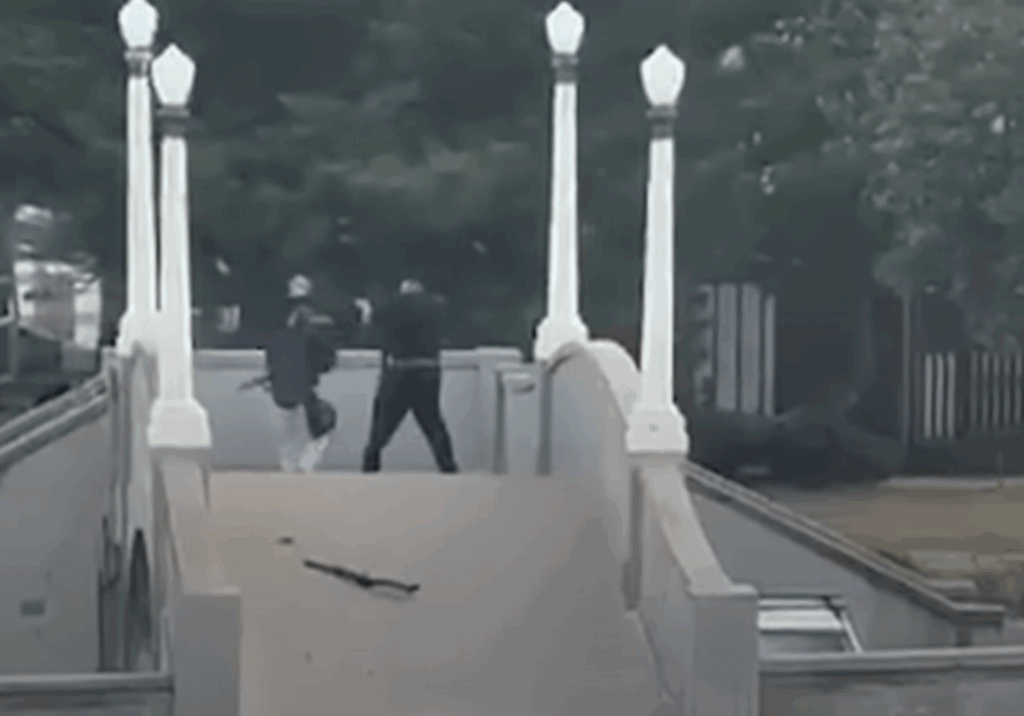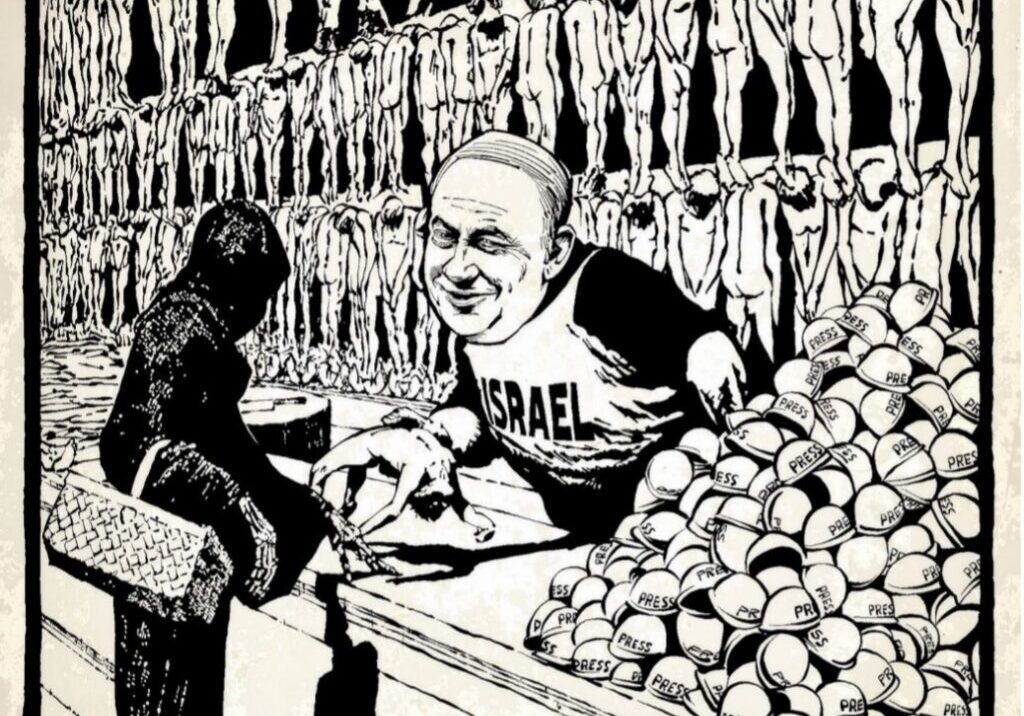Australia/Israel Review
Biblio File: The Road to Hell
Dec 27, 2019 | Jonathan Spyer

 Road Warriors: Foreign Fighters in the Armies of Jihad
Road Warriors: Foreign Fighters in the Armies of Jihad
by Daniel Byman
Oxford University Press, 2019. 392 pp. $45.95
The phenomenon of foreign fighters serving with (mainly Sunni) jihadist, Islamist militias is well known to researchers. Its most famous manifestations, until the last decade, were the “Afghan Arabs,” citizens of Arab countries – including Osama bin Laden – who took part in the war against the Soviet occupation of Afghanistan. Interest intensified when large numbers of Islamists from Arab and Western countries joined with the Islamic State (ISIS) after it declared its “caliphate” in June 2014.
But much media coverage of ISIS volunteers has been sensational and superficial: Daniel Byman provides a comprehensive history of the foreign-fighter issue and grapples with the important question of how Western countries can combat and eliminate it.
His book Road Warriors provides a concise and ordered survey of the foreign fighter phenomenon, noting that Sunni Islamism was not the first or only political movement to use foreign volunteer combatants. Byman surveys the Afghan experience and notes the crucial role of Abdullah Azzam, a Palestinian pioneer of Salafi jihadist military activity, in laying the ideational and organisational foundations for what eventually became al-Qaeda.
The author looks also at the foreign fighters’ role in the Chechen war, in Africa, and in the context of the Sunni insurgency against the US-led occupation of Iraq. The book then turns to the recent Syrian and Iraqi experiences.
Byman’s research is most valuable as the first attempt by a serious researcher to deal in detail with the particular appeal of ISIS for foreign jihadists. As he notes, more foreign fighters travelled to Syria and Iraq than to all previous jihads combined – about 40,000 fighters.
Byman discusses the role of social media and notes that, while ISIS has now declined, the movement has “nurtured the flame of jihad around the world.” Other movements will seek to “harvest what Islamic State planted.” He concludes by offering tentative advice for Western policymakers, concluding that as the rise in the appeal of jihad was not predicted, it is also impossible to trace a timeline for its eclipse and decline.
Road Warriors is a comprehensive, readable, and informative addition to the literature. Hopefully, it will lead to further focus by researchers on the lessons to be learned from the astonishing, rapid success (and equally rapid eclipse) of the Islamic State.
Dr. Jonathan Spyer is director of the Middle East Center for Reporting and Analysis, and is a research fellow at the Middle East Forum and at the Jerusalem Institute for Security and Strategy. He is the author of Days of the Fall: A Reporter’s Journey in the Syria and Iraq Wars (Routledge, 2018) and The Transforming Fire: The Rise of the Israel-Islamist Conflict (Continuum, 2010). Reprinted from Middle East Quarterly (www.meforum.org/middle-east-quarterly). © Middle East Forum, reprinted by permission, all rights reserved.
Tags: Islamic Extremism, Islamic State






